Description
HPP VEGETABLE ROCKET CULTIVATED
HPP VEGETABLE ROCKET CULTIVATED. An aromatic, peppery addition to any salad or garnish and milder than its wild cousin. Best eaten when leaves are young, very easy to grow and can be ready to harvest in 25 days.
Cultivation Advice
- Plant rocket in early spring or late summer/early fall. It prefers cooler temperatures and can bolt in extreme heat.
- Choose a location with well-draining soil and partial to full sun exposure.
- Rocket thrives in well-draining, fertile soil. Amend the soil with compost or well-rotted manure before planting to improve its fertility.
- Aim for a slightly acidic to neutral soil pH between 6.0 and 7.0.
- Sow rocket seeds directly into the garden bed or containers about ½ inch deep. Space the seeds 1-2 inches apart in rows or broadcast for loose leaf harvest.
- Keep the soil consistently moist until the seeds germinate, which usually occurs in 7-14 days.
- Rocket prefers full sun but can tolerate partial shade. Ensure it receives at least 4-6 hours of sunlight daily.
- Water the plants regularly, keeping the soil consistently moist but not waterlogged. Avoid overhead watering to prevent leaf diseases.
- Thin rocket seedlings to maintain adequate spacing, allowing mature plants to be about 6-8 inches apart. Crowded plants can inhibit growth.
- Rocket doesn’t require heavy fertilization. A balanced fertilizer applied at planting time or a side dressing mid-season can support healthy growth.
- Avoid excessive nitrogen, as it can lead to overly lush foliage with less flavor.
- Apply mulch around rocket plants to retain soil moisture, regulate temperature, and suppress weed growth.
- Regularly remove weeds to prevent competition for nutrients and water.
- Harvest rocket leaves when they reach 2-3 inches in height. Snip leaves from the outer part of the plant to encourage continuous growth.
- Regular harvesting before the leaves become too mature maintains their tenderness and flavor.
- Sow rocket seeds successively every few weeks for a continuous harvest. This ensures a fresh supply and prevents plants from bolting simultaneously.
- To prevent bolting (premature flowering), harvest regularly and keep the plants well-watered during hot weather.
- Harvesting young leaves and maintaining consistent moisture can delay the bolting process.
- In colder climates, protect rocket from frost by using row covers or cloches. Consider growing it in containers that can be moved indoors.
- Ensure good soil aeration by loosening compacted soil around the plants. This helps the roots to access nutrients and water more easily.
- Rocket grows well in containers or pots, making it suitable for balcony or patio gardens. Use containers with drainage holes and well-draining soil.
- Rotate the containers occasionally to ensure even sun exposure on all sides of the plant.
- Monitor for pests such as flea beetles, snails, or aphids which can affect rocket. Use organic pest control methods like neem oil or insecticidal soap.
- Avoid overhead watering, as excess moisture on the leaves can lead to fungal diseases. Water the base of the plants instead
- Plant aromatic herbs like dill, mint, or basil nearby to repel pests and attract beneficial insects. Avoid planting rocket near brassicas, as they might attract similar pests.
- Rocket’s peppery flavor makes it a great addition to salads, sandwiches, pasta, and as a garnish for various dishes.
- Experiment with combining rocket in pesto or blending it into smoothies for added nutrients and flavor.
- Allow a few rocket plants to flower and produce seeds. Collect the seeds from dried seed pods for future planting.
- Store rocket seeds in a cool, dry place away from moisture and sunlight.
- Use organic mulch like dried leaves or straw to cover the soil around rocket plants. Mulch helps retain moisture, regulate temperature, and prevent weed growth.
- Consider adding organic matter such as compost or aged manure to the soil annually to enrich its nutrients and improve soil structure.
- Harvest rocket as microgreens or baby leaves when they are just a few inches tall. These tender young leaves offer a milder flavor and are excellent for salads.
- Explore different varieties of rocket for varying flavors. Some varieties may have spicier or milder tastes, so try different types to find your preference.

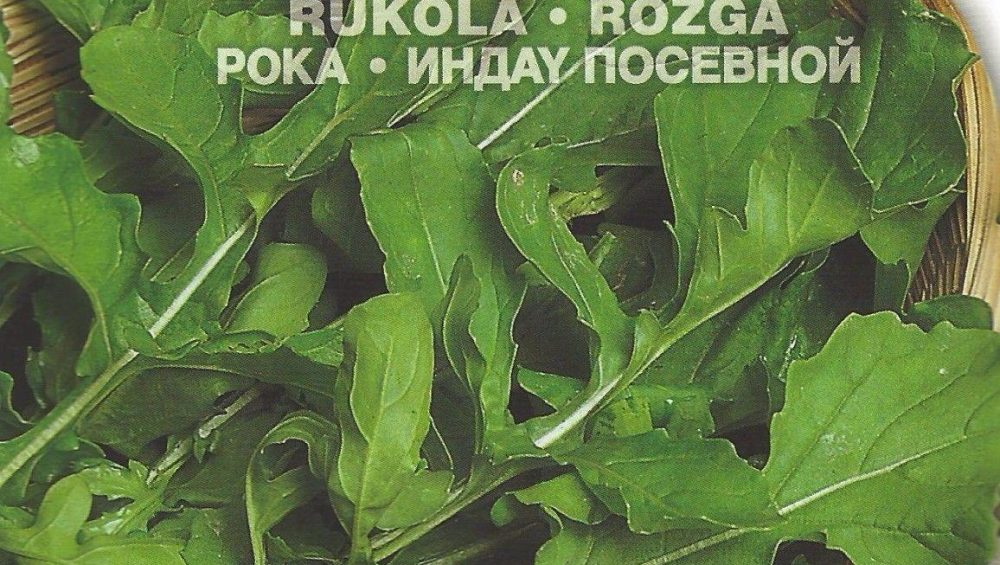
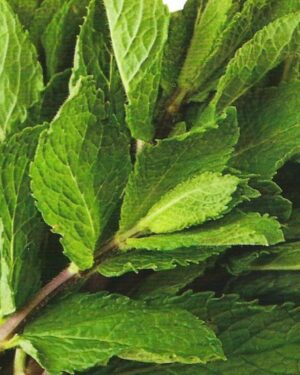
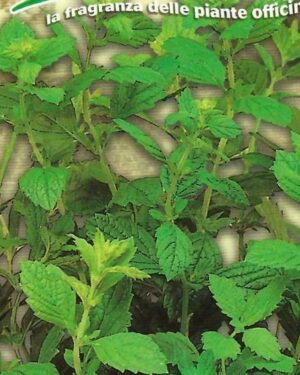
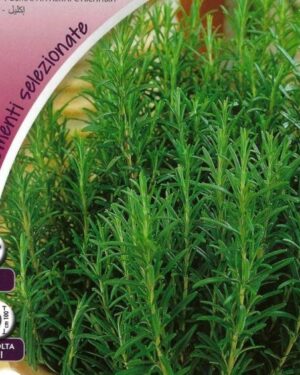
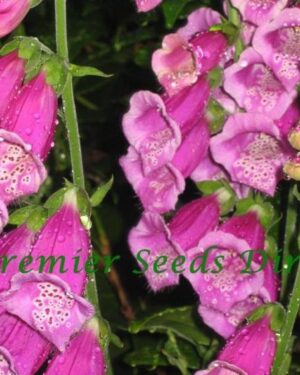
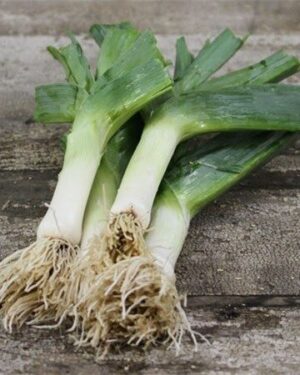
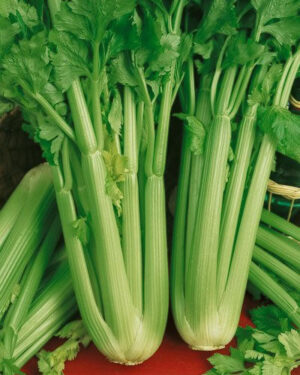
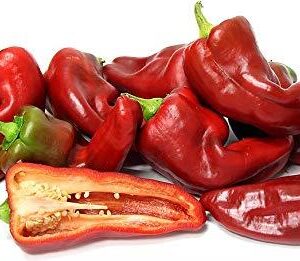
Reviews
There are no reviews yet.